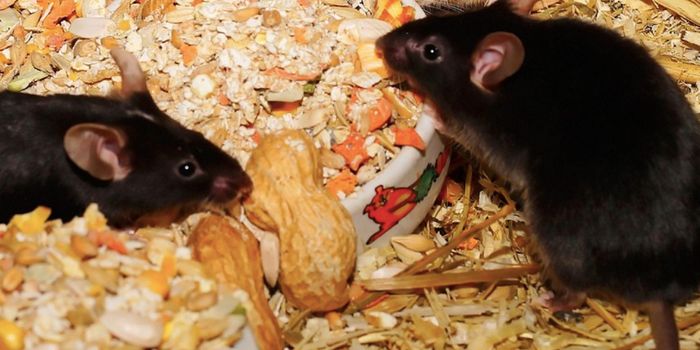Insulin Can Help Stop the Spread of Viruses by Triggering a Mosquito Immune Pathway
Mosquitoes can transmit a multitude of dangerous diseases to humans; bites from the insects are the most common way that people get flavivirus infections. Flaviviruses include dengue, Zika, and West Nile virus. Both West Nile and dengue viruses can cause severe illness and may cause death, and Zika infections in pregnant women may cause significant harm to the fetus. Currently, there is no way to treat the infections once they're acquired. Now scientists have learned more about stopping these viruses from spreading.
The work, which has been published in Cell Reports, has shown that insulin produced in mammals (which is known for controlling blood sugar levels) can trigger an immunity pathway in mosquitoes that can fight viruses. The pathway can help the insects suppress the viruses, reducing the likelihood that they will be passed on to people.
"It's really important that we have some sort of protection against these diseases because currently, we don't have any treatments. If we're able to stop the infection at the level of the mosquito, then humans wouldn't get the virus," explained Laura Ahlers, the study's lead author and a recent Ph.D. graduate from Washington State University.
In this study, the scientists began the research using fruit flies; their immune systems are similar to mosquitoes'. The researchers found that when a receptor called domeless in the flies, which is similar to the insulin receptor, is activated by insulin, it stopped the West Nile virus from replicating in the flies. They were then able to confirm that the same thing happens in mosquitoes when the insects are fed blood that contains insulin. Dengue and Zika were then found to be surpressed in the same way.
Insulin is known to boost mosquitoes' immune response. But this work is the first to show that insulin is connected to an immune signaling pathway called JAK/STAT in the insects. The corresponding author of the study, Alan Goodman, a WSU assistant professor noted that this is an important step toward intervening in the transmission of these viruses.
"If we can activate this arm of immunity through the insulin receptor in the mosquito, we can reduce the overall viral load in the mosquito population," Goodman said. "If the mosquitoes are carrying less virus when they bite you, they will transmit less of the virus, and there's a better chance you won't acquire the disease."
Learn more about West Nile virus from the video below, while there is information about dengue in the following video.
Sources: AAAS/Eurekalert! via Washington State University, Cell Reports









